I’ve been thinking a lot about foundations lately.
So much of modern life relies on specialization. You become an accountant, programmer or doctor. You choose to ski, paint or play basketball for fun. You’re a fan of Jane Austin, Frank Herbert or Stephen King. We all make our choices based on our unique tastes, interests and personality.
But there’s a core in life that is relatively universal. Things we all need to do simply because we are human beings.
Consider exercise. Outside of a few medical exceptions, we all should be exercising, at least a bit. Exercise is good for keeping strong, of course. But it’s also linked to improved cognition, mood, health and longevity.
Exercise is a foundation. Regardless of your career, hobbies or personality, exercise is good for you.
Reading is another foundation. The world is full of knowledge that would benefit each one of us, whether we’re academics or athletes.
Having basic systems for productivity is another foundation. Our primate brains didn’t evolve to keep track of doctor’s appointments, work projects and to-do list items. Even if the exact details of your productivity system are up for debate, pretty much everyone is better off if they can keep an organized calendar and to-do list.
Diet, sleep, relationships, self-reflection and personal finances are also good candidates for foundations. Everyone benefits from eating better, being well-rested, connecting to others, self-awareness and financial health.
There are a few observations we can make about these foundations:
1. Our foundations cannot be outsourced.
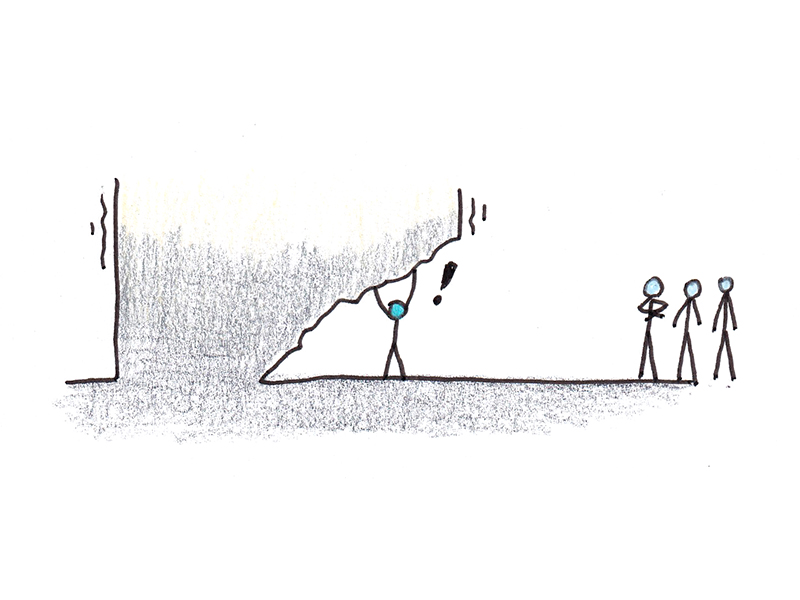
“Focus on your strengths” is a common mantra for self-improvement, but it only applies when the weakness we’re avoiding can be delegated or ignored. I can hire a car mechanic to make up for my lack of automotive repair skills, but I can’t hire someone to exercise for me.
The inability to outsource this work means that the quality of your life is bounded by your weakest foundation, not the strongest. If you’re in great physical shape but terrible with money, your problems in life tend to be financial. If you have an excellent career but terrible health, your worries center around your body.
2. A solid foundation is not the default.
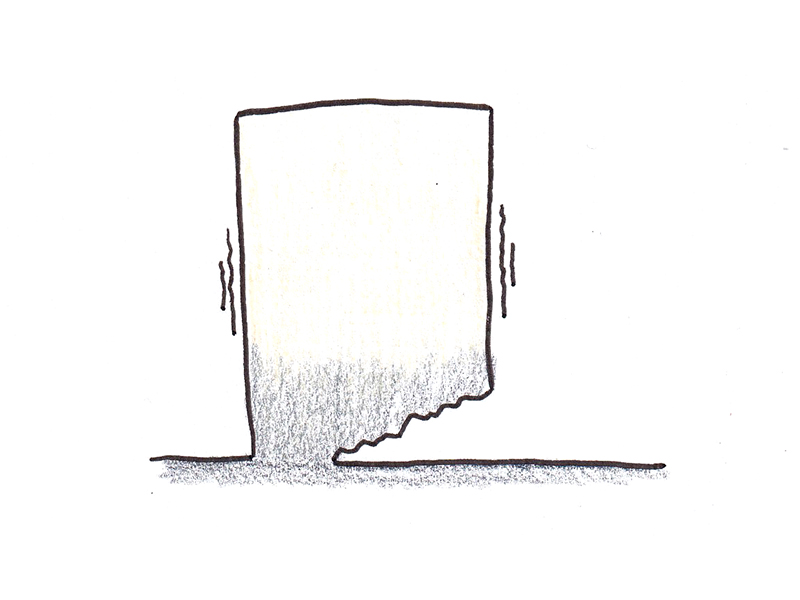
We didn’t evolve to go to the gym to exercise. Our ancestral environment was sufficiently physically taxing that there was no need to push ourselves to run, lift, climb or swim without a pressing reason. Modern life is more leisurely, but it means we default to moving too little.
This mismatch also explains some of the other foundations: Our brains aren’t equipped with a mental to-do list and calendar because life on the savannah didn’t have appointments. Similarly, we overeat because food is now abundant, sleep poorly because of artificial lighting, and make poor financial decisions because concepts like compound interest are not a part of our hardwired intuitions.
3. Most of the difficulty is behavioral, not intellectual.
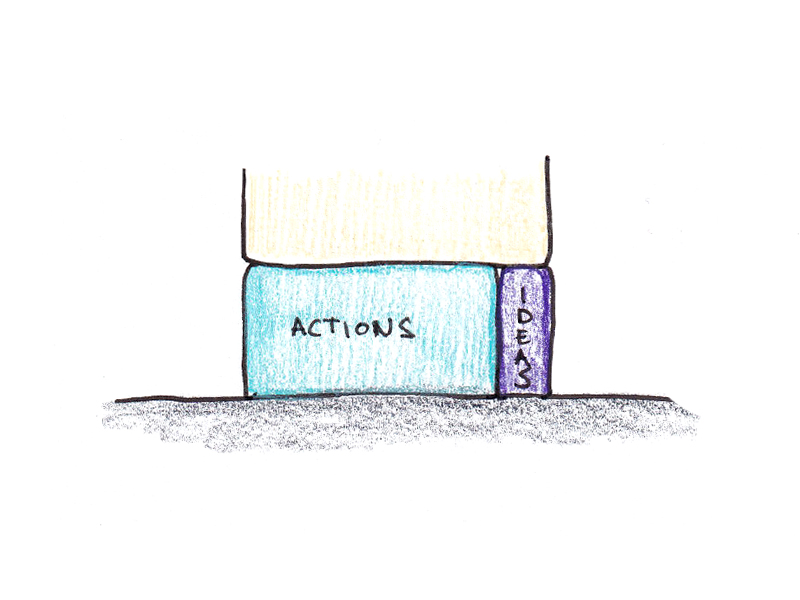
We all know we need to eat well, exercise, get enough sleep, spend less than we earn, and read more books. The foundations are not mysterious—they’re just difficult to manage behaviorally in a busy life.
That said, I don’t want to underrate the intellectual aspects. For instance, most popular investing books advocate for active strategies that are bad advice for most casual investors. Similarly, popular nutrition and fitness books are full of fads and quirky strategies that don’t have much evidence behind them.
The search for exotic strategies is compelling because it distracts us from the more basic—and often boring—difficulty of doing the things we need to do day in and day out. Sticking to an exercise habit long-term is challenging, so we try to overcomplicate things or find shortcuts.
4. Foundations need to be thought of holistically, rather than one-at-a-time.
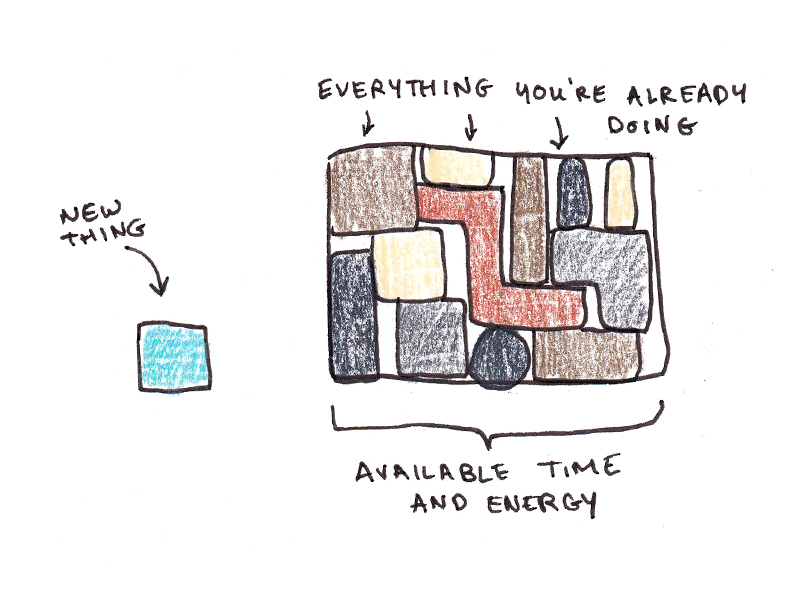
A corollary of the behavioral, not intellectual, difficulty is that it’s a mistake to think of each foundation as a separate entity.
It’s not that hard to get the recommended 150 minutes of moderate aerobic exercise in per week if that’s your entire focus.
The challenge is that any particular foundation is rarely your sole focus. You have work tasks, family vacations, exam pressure, sick kids at home, hobbies you’re interested in, Netflix shows you want to binge and more.
Having a solid foundation means finding a way to fit all the pieces together: exercising, AND eating well, AND reading, AND sleeping enough, AND managing your money, AND having a productivity system, AND keeping up your friendships. The difficulty of having solid foundations lies in the necessity of having all of those “ANDs” that must exist simultaneously, not the intrinsic difficulty of any individual piece on its own.
5. Getting good enough matters more than perfection.
In our careers, excellence matters. Superstar programmers, doctors, lawyers or academics can have 10x the impact of their less-than-stellar colleagues. Even in less stratified careers, being good at what you do can make a big difference in your options.
Thankfully, foundations exhibit the opposite pattern. Going from not exercising at all to exercising a little gives a much steeper boost to your health than going from marathoner to ultramarathoner will.
Investing in a solid foundation is a qualitatively different problem from becoming the best in a field. Diminishing returns means you don’t have to be “the best” at any of your foundations; you just need to get good enough in each of them.
6. Most foundations are meta-stable.
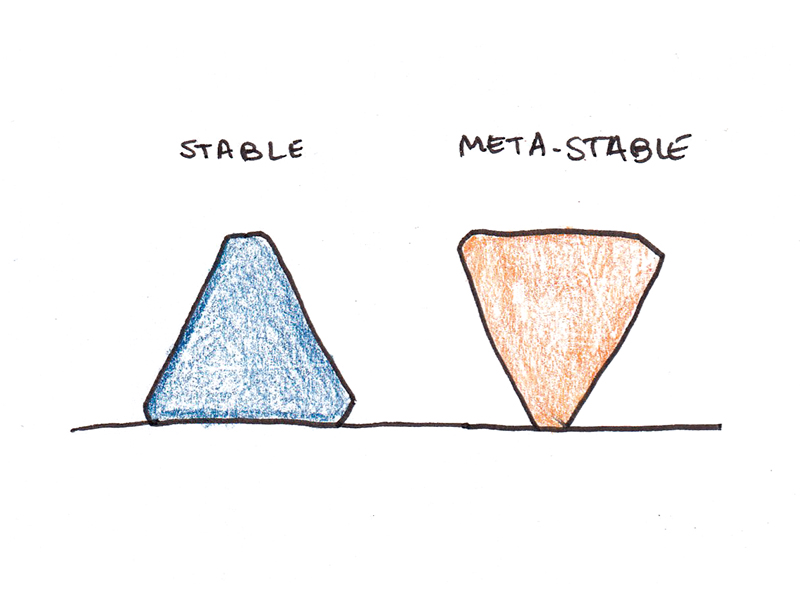
Intellectually, you only need to learn the basic strategies for living well once. Many of them you probably already know.
Unfortunately, in practice, foundations are not something we set and forget. Most good habits are meta-stable, meaning they can persist for a long time, but they’re intrinsically more effortful than their inferior bad-habit alternatives.
This means that it’s easy for our foundations to slip. A short break from exercising becomes a year without setting foot in the gym. We get momentarily overwhelmed at work and stop being so disciplined with our productivity system. We realize we haven’t read a new book in several months.
Working on foundations should not be continuous. If you build them properly, they will last longer. But even strong foundations require refreshing—especially as your life grows and changes.
One Year to a Solid Foundation
These considerations have me thinking about embarking on a new year-long project to work through and solidify my own foundations.
I have some personal experience with this kind of project. One of the early successes of this blog was a series I wrote called Habitual Mastery. The series shared some of the insights I gained from undertaking dozens of new habits over a period of a couple years.
When I undertook the Habitual Mastery series nearly 20 years ago, my motivation for building a solid foundation was its value in helping me achieve my larger ambitions—it’s difficult to do hard things when basic problems in your life keep tripping you up.
Today I am motivated to revisit those foundations for a different reason. Reflecting on my ambitions, I’m quite happy with how things have turned out in my life. I have a successful business, a nice family and plenty of interesting life experiences. From this perspective, it is the mundane things that determine my overall experience of life, rather than a desire to achieve something even bigger.
I suspect I’m not alone. Maybe you’re like me now—happy with your overall position in life yet wanting to make it better all-round. Or perhaps you’re more like I used to be—eager to take on bigger and better things, and recognize that a solid foundation will be necessary to reach higher heights.
In the past when I’ve done year-long projects, I’ve tended to do them alone. The MIT Challenge and Year Without English were personally motivated projects. I didn’t expect people to do them along with me.
But this project is different. Foundations are universal, so it seems like a project other people could benefit from. In addition to sharing ideas from the project on this blog, I’m contemplating offering it as a course, working directly with a group of people who are also keen to solidify the foundations in their life.
As I go deeper into this project, I’d like to share my thinking with you. In the meantime, I’m curious what you think.
What do you feel are the foundations for living well? Which ones do you feel you’re reaching adequately, and where do you think your weaknesses are? Would you be interested in a year-long effort to go deeper on them? Leave a comment below!


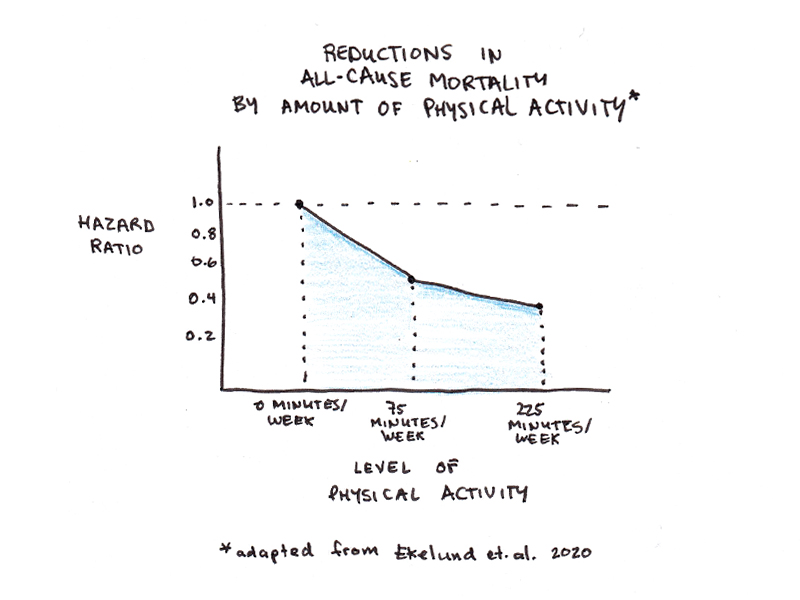
 I'm a Wall Street Journal bestselling author, podcast host, computer programmer and an avid reader. Since 2006, I've published weekly essays on this website to help people like you learn and think better. My work has been featured in The New York Times, BBC, TEDx, Pocket, Business Insider and more. I don't promise I have all the answers, just a place to start.
I'm a Wall Street Journal bestselling author, podcast host, computer programmer and an avid reader. Since 2006, I've published weekly essays on this website to help people like you learn and think better. My work has been featured in The New York Times, BBC, TEDx, Pocket, Business Insider and more. I don't promise I have all the answers, just a place to start.